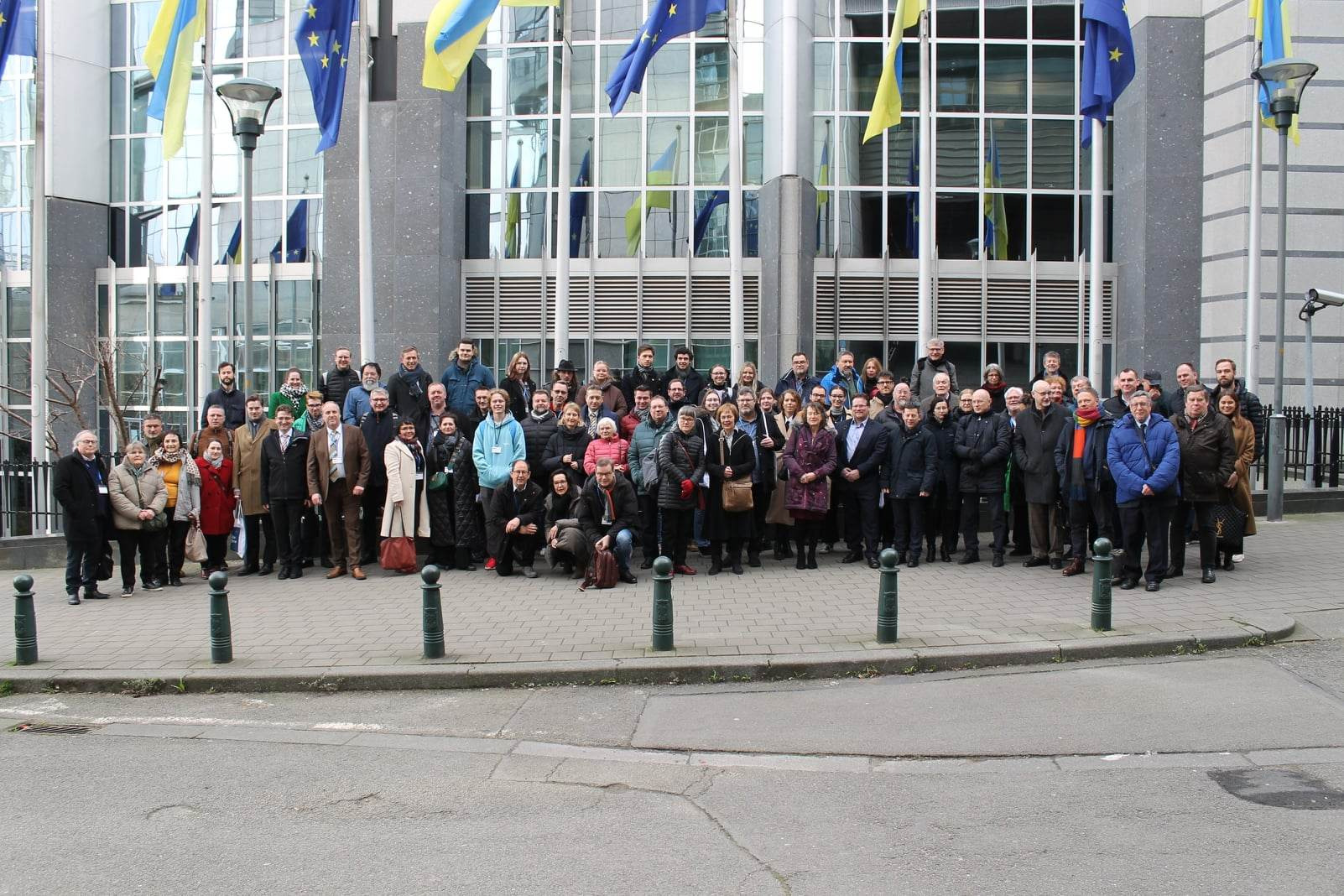The starting point for the project was the study of the respective local history in the period between the two world wars (1918-1939). This first of all ensured a deeper understanding and at the same time a generally increased interest in local history during a challenging period for the whole of Europe. The cooperation of the eight project towns Bracknell, Jülich, Ljubljana, Leverkusen, Oulu, Racibórz, Schwedt/Oder and Villeneuve d'Ascq in the form of virtual and real workshops, at which the respective research results were presented and discussed, resulted in a comparative view of the period. This was accompanied by a broadening of perspectives that could be used fruitfully in further research. The project participants gained a European perspective on the defined thematic fields of politics, society, economy and culture under the aspects of modernisation and internationalisation. The understanding of history could be expanded to the extent that the understanding of how history is constructed grew. One European history cannot be told, but many small stories can be told, which, when seen together, result in a history of Europe in diversity. The joint workshops and the intensive joint work made Europe as an idea more understandable on the one hand, but on the other hand also strengthened the identification of the project participants with Europe. The cultural programme accompanying the workshops alone ensured this, enabling intense moments of shared experience. The involvement of young people from the project cities proved to be particularly fruitful, as they contributed their specific perspective on the history of the interwar period and also ensured that the project was clearly visible in the social media. The results of the local research are to be included in a publication, which will also make the procedure of project development and cooperation visible in order to serve as a model for further projects of this kind. An accompanying film documentation of the project process not only allows outsiders easier access to the project work, but also helps self-reflection on what has been achieved. In addition, the EfC project could be linked to a parallel project funded by Erasmus+, in which partial results will be incorporated into a variable and multilingual film kit as a didactic tool for historical-political education work. The linking of universities, museums, archives, history and partnership associations created a resilient network that promoted the transfer of knowledge with regard to methods of historical research and the didactic communication of the results. It also improved the project participants' use of technical tools such as Zoom and Dropbox.
Here you will find the Final Report (detailled) and Final Report (Overview).
